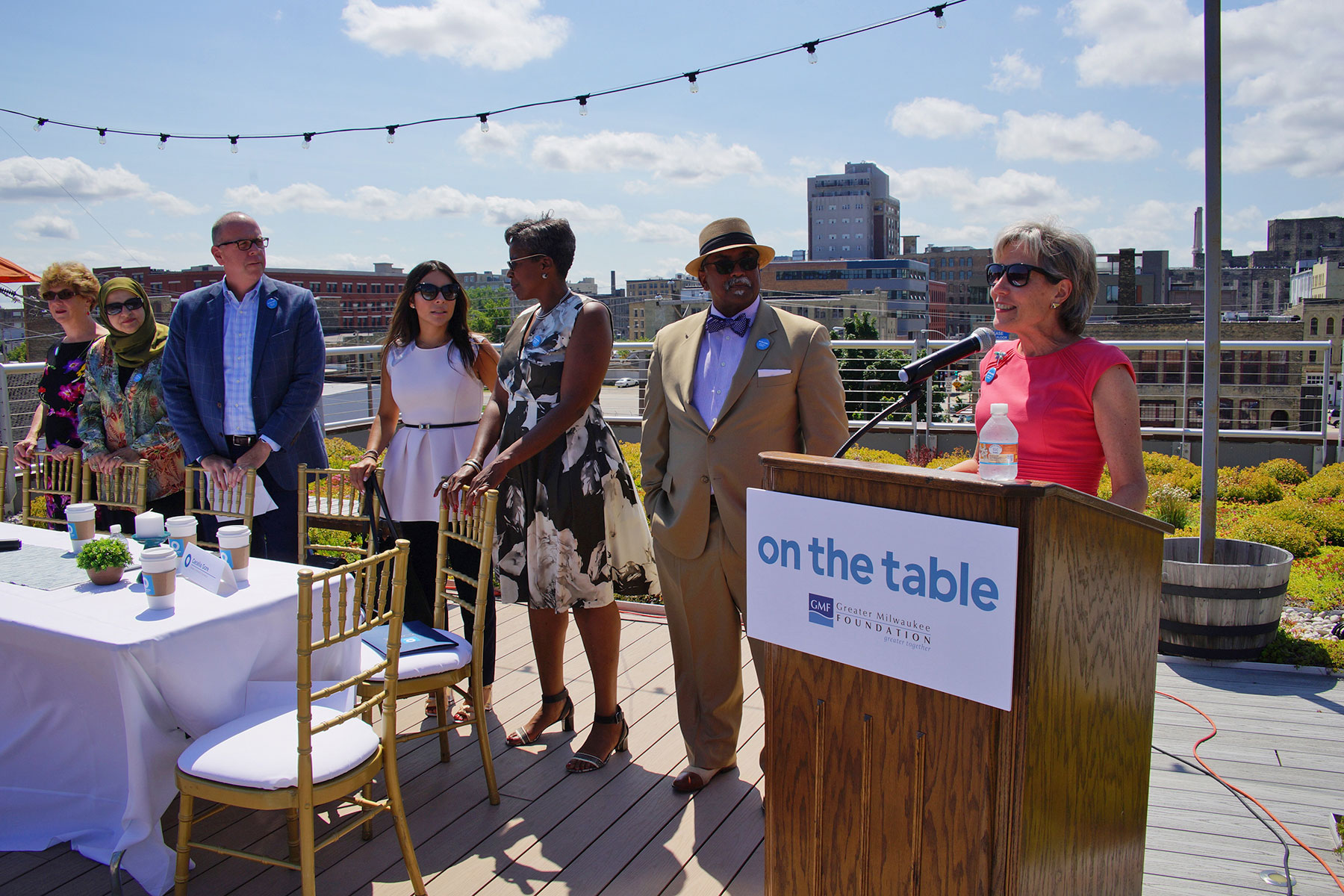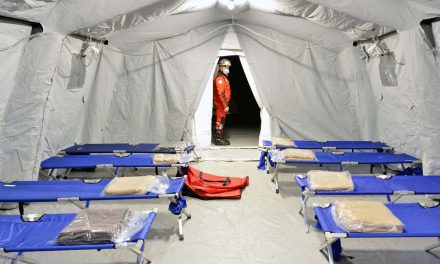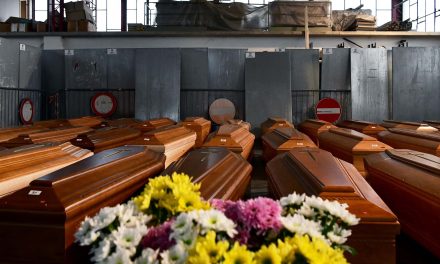
“Philanthropy maintains systems of inequality by attracting attention to the behavior of poor people while shifting the focus away from structural inequities and relationships of power that produce poverty.” – Erica Kohl-Arenas
The Greater Milwaukee Foundation (GMF) is sponsoring an initiative called On the Table. The foundation is encouraging people to organize a gathering around mealtime on October 17. The purpose, according to the GMF website, is to “bring people in the community together to contribute their ideas and energy toward advancing a more vibrant and connected region.”
The GMF initiative is modeled after a similar program sponsored by the Chicago Community Trust and other foundations. Input received through the October 17 gatherings will be analyzed and, if it follows the Chicago model, grants to support action will follow.
Foundations around the country have been hosting these initiatives to promote “civic participation and engagement” in the last couple of years. Not a bad thing at all.
While nobody can argue that bringing people together to talk about ways to make things better is not a good thing, the On The Table discussion questions that are posed avoid any reference to the region’s most pressing issues.
A few months ago, professor Erica Kohl-Arenas, author of “The Self-Help Myth: Why Philanthropy Fails to Alleviate Poverty,” spoke in Milwaukee. Some of her research focuses on foundation initiatives that tend to avoid the difficult conversations that communities need to have about the systemic barriers and root causes of the problems we face.
According to a description of a video of Kohl-Arenas’ talk, “One of the case studies examines well-publicized foundation-led community engagement initiatives that promote “community dialogue,” “community conversations,” and “community collaborations” that fail to lead to actions that challenge and transform the underlying economic, social, criminal justice, and political systems that are the root causes of the many problems communities face.”
My concern about On The Table is that the “sample conversation prompts” offered on the GMF website seem to be pretty meek and mild at a time when our community really needs to have the more difficult conversations about racism, poverty, wealth and income inequality, the unjust criminal justice system, environmental protection, and all the kinds of conversations that we are so good at avoiding in Milwaukee.
It is interesting that on the GMF website, it is stated, “Our fundamental discussion question is intentionally left open-ended to encourage On the Table participants to think creatively and reflect on possibilities, rather than fixate on well-known challenges.”
“Fixate” is an interesting word choice. What exactly is supposed to be On the Table and Off the Table to talk about?
Our city is at a crossroads: In spite of the valiant efforts of many caring people and organizations over a long period of time, life has not improved for many Milwaukeeans. Our city continues to set records of the wrong kind. Often when a new study is released, Milwaukee is at or close to the bottom of the pack on key indicators.
How bad is it? Take the 2016 Distressed Communities Index. Milwaukee is seventh from the bottom in the ranking of most economically distressed large cities. We have some of the lowest reading and math proficiency scores in America. Milwaukee is the most segregated metro area in the United States, with a black poverty rate of 40 percent, which is the second highest among the 40 largest metro areas. And Milwaukee County has the highest incarceration rate for black men.
Here are some On the Table sample conversation prompts from the Greater Milwaukee Foundation website:
- Share something you love, or are most proud of, about where you live.
- What can we do, as individuals, and together with organizations we are part of, to make our region more vibrant?
- Each of us is a philanthropist – through our time, talent, and treasure. What can each of us do as community philanthropists to help build stronger, more connected communities?
- How can we ensure that greater Milwaukee is a globally competitive, 21st century region? What are the strengths upon which we build?
- If you could have all the resources and all the people needed to accomplish something to improve your community or our region, what would you undertake?
- If your table includes young people, consider asking them about the issues they observe in their schools, neighborhoods and peer groups. How do they see themselves contributing to solutions that build a better future for their generation?
- Let’s look at next steps. Residents from all walks of life across our region will be gathering today over mealtime conversations just like ours. How can we use these conversations to bring colleagues, friends, and neighbors together to lead change across greater Milwaukee? What should we do next?
In order to take full advantage of the On the Table dialogues that will occur on October 17, let’s, first of all, encourage people to participate in On the Table and consider additional options for questions to get us closer to root causes and strategies that will lead to purposeful collective action.
Here are some examples of discussion questions that I would like to see considered on October 17:
- How can we reduce the negative impacts of racism in measurable ways throughout the region?
- What actions can we take in our community, suburb, city and/or neighborhood to dramatically increase the number of new voters who have historically been under-represented in the democratic life of the region?
- What concrete actions can we take to dramatically increase wages and benefits for workers at the low end of the wage scale?
- What can we do to reform the criminal justice system to remove the income- and race-based disparities that hurt black Wisconsinites and other marginalized communities?
- What can we do to increase affordable housing options in the suburbs?
- What can we do to improve public transit in order to link the unemployed and under-employed with jobs that pay family supporting wages and benefits?
- Other questions that reflect your mission and vision for change in our community.
Professor Erica Kohl-Arenas, spoke in Milwaukee on April 24, 2017, on “The Self-Help Myth: How Philanthropy Fails to Alleviate Poverty” (University of California Press, 2015).
Kohl-Arenas is one of a number of emerging scholars and researchers who are undertaking a critical analysis of philanthropy’s role in society. Through the lens of a provocative set of case studies, The Self-Help Myth reveals how organized philanthropy has the effect of maintaining systems of inequality by attracting attention to the “behaviors” of poor people while shifting the focus away from structural inequities and relationships of power that produce and maintain poverty.
Lee Matz
Originally published on linkedin.com as Some Thoughts on Increasing the Impact of “On The Table”














